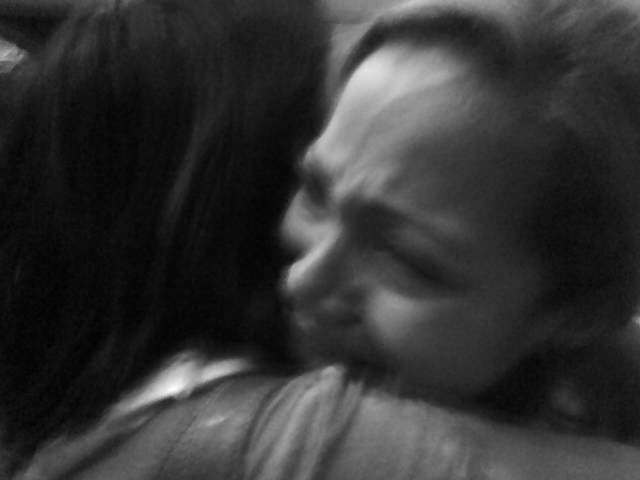
Dibujo realizado por mi nieta con Paint
Emotions and Beliefs. Two sides of the same coin
Como cambiar creencias con la PNL
Creencias personales: concepto y contenido
Greetings Hive Community, in this opportunity I want to share with you my reflections on the relationship between emotions and beliefs. Part of this content can be deepened in the following links, although they do not deal with the emotional theme, they do deal in depth with beliefs. In Spanish.
How to change beliefs with NLP
Personal beliefs: concept and content

Personal beliefs: concept and content
In a previous post I presented the thesis on emotions linked to the cognitive as a unitary process that allows the interaction with the external or the internal in situations that have some impact within the pleasure/displeasure pole.
Emotions, affections, feelings, passions
We can see this, for example, when we are told that we have inherited a fortune. Immediately happiness, joy floods us. This process is activated because we previously have some meanings about what an inheritance is, and when we receive this message, these meanings are linked to the emotional, giving way to the physiological and behavioral. This is: discharge of neurotransmitters, increase of the cardiac and respiratory frequency, motor agitation, among others.
The cognitive process also helps us to interpret some of these conditions. It is not the same to feel an increase in heart rate due to a fright as due to a pleasant surprise. Although in both cases our heart may beat strongly, we can identify that it is not for the same reasons.

At this point we wonder where beliefs fit into all this. Well, the first thing to do is to define what we consider to be a belief. The author of the book cited above, Robert Dilts, states that beliefs are generalizations that we make about the relationship that exists between experiences. This means that they are significant generalizations, explanations about our experiences to which we give them a character of truth. For example, if we believe that we are not good at mathematics even if we do well on an exam, we will attribute this result to a matter of luck.
Beliefs range from situations that occur in the environment to the skills we have, values and self-concepts, self-esteem and self-identity.
Beliefs are not based on reality since they are based on interpretative processes, judgments, that we make about things according to our model of the world.
How are beliefs linked to emotions?
When we face an unforeseen external situation, our alarms are activated depending on how we perceive this situation, our assessment of the damage it may cause us and our resources to cope with it.
If this situation is related, for example, to the arrival of motorized vehicles and we are in a lonely, dark place and I think that I am fearful, that I am weak, panic will flow rapidly.
If I think I am worthless, and a girl crosses my path, and I smile at her and she looks me up and down and gives me a rude remark, I will feel my self-esteem down and sadness will soon set in.
Faced with the death of a loved one, if I believe that their departure has to do with something I did not do, feelings of guilt will be intense.
While the meanings we give to an event determine the type of emotion we will have, our beliefs determine the magnitude of the emotional process. By knowing our beliefs we can regulate the emotional process.

Thanks for getting this far in reading this post. If you want me to go deeper into some of the things raised in this post let me know in your comments. I also appreciate any suggestions you can make to improve the structuring of this and other posts as well as the observations related to the content, writing and spelling.
Todas las imágenes y fotos son de mi propiedad. Fueron editadas con Pwer Point, GIMP y Postimages.
Congratulations @psyfire25! You have completed the following achievement on the Hive blockchain and have been rewarded with new badge(s) :
Your next target is to reach 20 posts.
You can view your badges on your board and compare yourself to others in the Ranking
If you no longer want to receive notifications, reply to this comment with the word
STOP